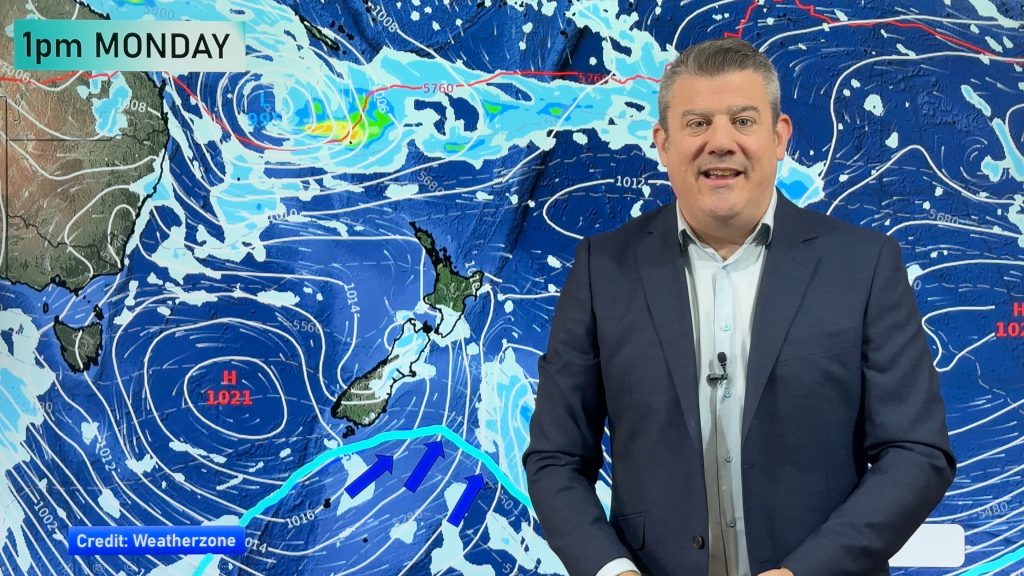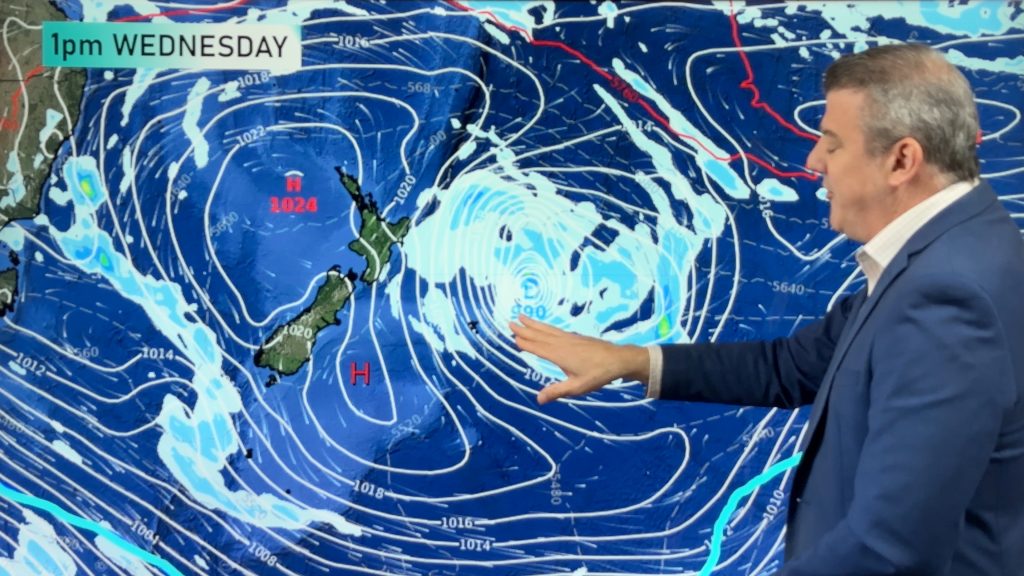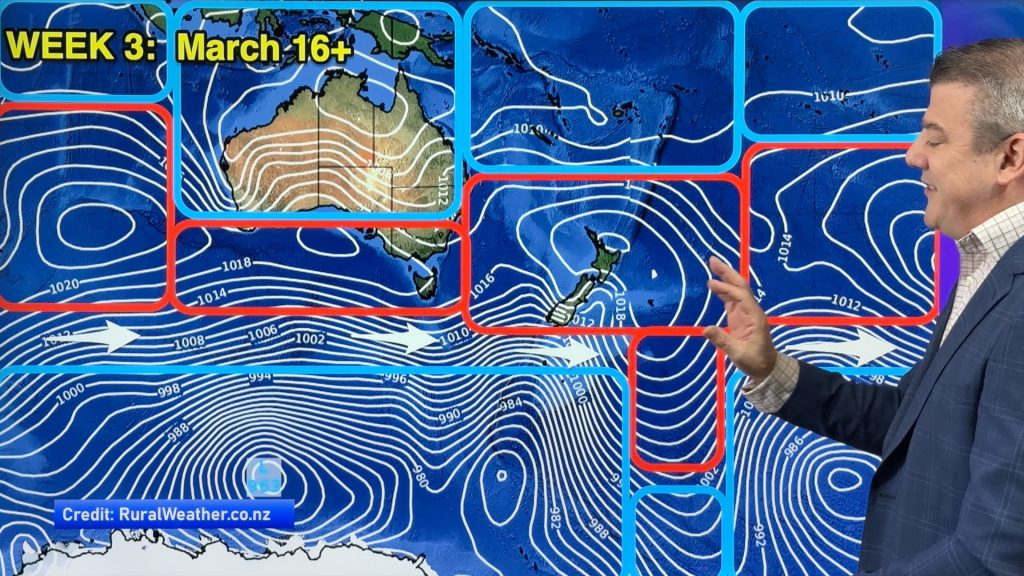
> From the WeatherWatch archives
Don’t worry – WeatherWatch.co.nz isn’t jumping in to the mass media hysteria on this subject. Instead we’ve taken a quick look at how the weather in general can affect the spread of influenza.
The world’s top weather experts at the World Meteorological Organization are studying the influence of meteorological and climate conditions in the transmission patterns of swine influenza.
The organisation says while there are some indications that influenza epidemics may be associated with weather conditions, non-climatic factors, including virus type, existing levels of immunity in the population and human behaviour are generally considered to be more closely related to epidemics.
As we all know we’re heading into winter and that’s flu season for us. (and Flu injections that you might have had already will not protect you against this particular strain). So how does the weather affect influenza?
Click “Read more” to find out how the weather and climate affect the spread of influenza.
COLD AND DRYNESS
Flu incidence peaks in the winter season in temperate parts of the world, generally described as areas outside the tropics.
Cold and dry conditions help the virus survive outside the body, meaning that droplet particles take longer to evaporate and remain airborne for more extended periods in winter.
HEAT AND HUMIDITY
Influenza outbreaks do occur in the tropics, though less frequently than in areas with less heat and humidity, and without the seasonality seen in areas with wintry weather.
Poor laboratory and health data, especially from Africa and Latin America, have made it difficult for international experts to track viral transmission in tropical regions.
SCHOOL CYCLES
School cycles have also been shown to affect the seasonality of flu.
See the Weather Watch story we wrote at the start of Autumn titled The Truth about Autumn colds & coughs. In this story we speak to an Auckland GP about why we get sick in Autumn and how the colder weather plays a part.
Winter school breaks tend to reduce flu transmission to children by as much as 25 percent, mainly because they provide fewer opportunities for the virus to spread among large groups.
OTHER FACTORS
The precise strain of virus circulating, which can change from flu season to flu season, can also affect how virulent it is and how many people may fall ill in a given outbreak. The levels of immunity in the population, vaccination programmes, hygiene practices and other practices also play a role.
(For WHO data on seasonal influenza and its spread please see: www.who.int/topics/influenza/en)
Swine Flu FAQs
The swine flu virus now confirmed in New Zealand is the same one causing a deadly epidemic in Mexico. But is it something we really need to fear? What is swine flu? What can we do about it? WebMD, through our weather partner weather.com, answers your questions. Click here.
Comments
Before you add a new comment, take note this story was published on 28 Apr 2009.





Add new comment
Elizabeth on 29/04/2009 5:00am
As a grandma myself I can confirm that we are a wise bunch of people. It follows if you are cold then it would lower your immune system, My advice, and I am sure other grandmas would agree, is keep well wrapped up in cold weather and wear a hat!
Reply